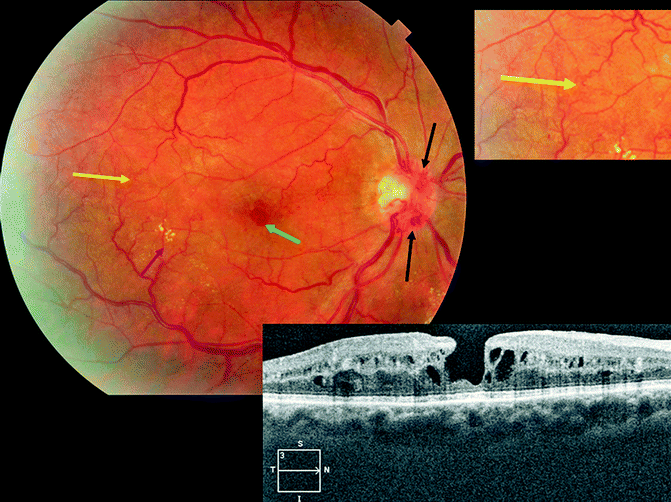18 December 2024 | Wednesday | News

Picture Courtesy | Public Domain
Regeneron Pharmaceuticals, Inc. (NASDAQ: REGN) announced the primary endpoint was met in the Phase 3 QUASAR trial investigating EYLEA HD® (aflibercept) Injection 8 mg for the treatment of patients with macular edema following retinal vein occlusion (RVO), including those with central, branch and hemiretinal vein occlusions. In the trial, patients treated with EYLEA HD every 8 weeks (after initial monthly doses) experienced non-inferior vision gains compared to those treated with the approved monthly dosing regimen of EYLEA® (aflibercept) Injection 2 mg, the current standard of care. These data will be submitted to regulatory authorities around the world, with a submission to the U.S. Food and Drug Administration (FDA) planned for the first quarter of 2025, and are planned for presentation at an upcoming medical meeting.
“All currently FDA-approved anti-VEGF therapies for retinal vein occlusion require monthly dosing, which can be burdensome for a patient. These impressive data from QUASAR demonstrated that EYLEA HD patients with retinal vein occlusion experienced improved vision with fewer injections than EYLEA – which could offer a significant advancement in this treatment setting,” said Seenu M. Hariprasad, M.D., Chair of the Department of Ophthalmology and Visual Science, The University of Chicago. “Furthermore, about 90% of EYLEA HD patients were able to maintain 8-week dosing intervals through 36 weeks.”
QUASAR is a global, double-masked, active-controlled Phase 3 trial evaluating the efficacy and safety of EYLEA HD, compared to EYLEA, in patients with RVO. EYLEA HD patients were treated with an 8-week dosing regimen (after 3 or 5 initial monthly doses), and EYLEA patients were treated every 4 weeks. The primary endpoint was met at 36 weeks, with both groups of EYLEA HD patients achieving non-inferior visual acuity gains compared to those receiving EYLEA. EYLEA HD results were consistent across patients with branch retinal vein occlusions, and those with central retinal or hemiretinal vein occlusions.
The safety profile of EYLEA HD (n=591) was similar to EYLEA (n=301) in QUASAR and remained generally consistent with the known safety profile of EYLEA HD in its pivotal trials. Ocular treatment emergent adverse events (TEAEs) occurring in ≥5% of all EYLEA HD patients included increased ocular pressure (5%), and there was one case each of endophthalmitis and retinal vasculitis. The rate of intraocular inflammation was 0.5% for EYLEA HD and 1.3% for EYLEA. Hypertension at baseline was present in 66% of EYLEA HD patients and 62% of EYLEA patients. Hypertension during the trial was reported in 8.1% of EYLEA HD patients and 4.7% of EYLEA patients. Thromboembolic events (APTC) occurred in 0.5% of EYLEA HD patients and 1.7% of EYLEA patients.
“With these pivotal results in retinal vein occlusion, EYLEA HD with extended dosing has again met the high bar of vision gains and safety seen with standard-of-care EYLEA,” said George D. Yancopoulos, M.D., Ph.D., Board co-Chair, President and Chief Scientific Officer at Regeneron, and a principal inventor of EYLEA. “EYLEA HD has already made a significant impact on the treatment of its three approved indications – wet age-related macular degeneration, diabetic macular edema and diabetic retinopathy – and now has the potential to substantially reduce the treatment burden for patients with retinal vein occlusion. We look forward to sharing these results with regulatory authorities around the world as soon as possible.”
EYLEA HD (known as Eylea™ 8 mg in the European Union and Japan) is being jointly developed by Regeneron and Bayer AG. In the U.S., Regeneron maintains exclusive rights to EYLEA and EYLEA HD. Bayer has licensed the exclusive marketing rights outside of the U.S., where the companies share equally the profits from sales of EYLEA and EYLEA HD.
© 2026 Biopharma Boardroom. All Rights Reserved.